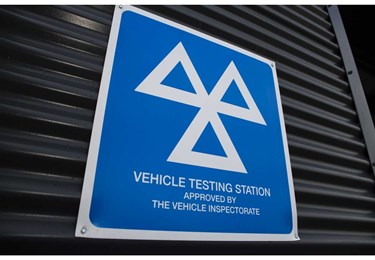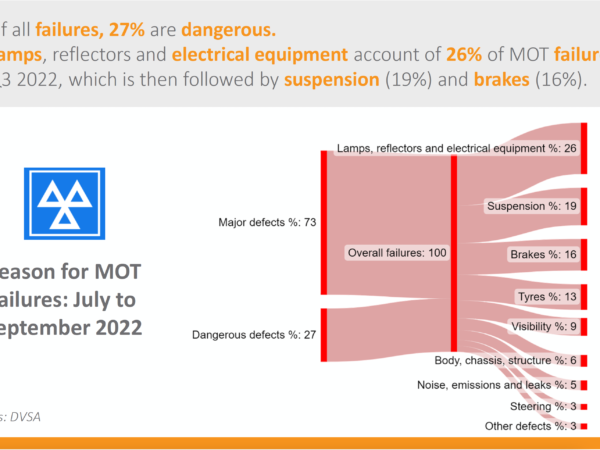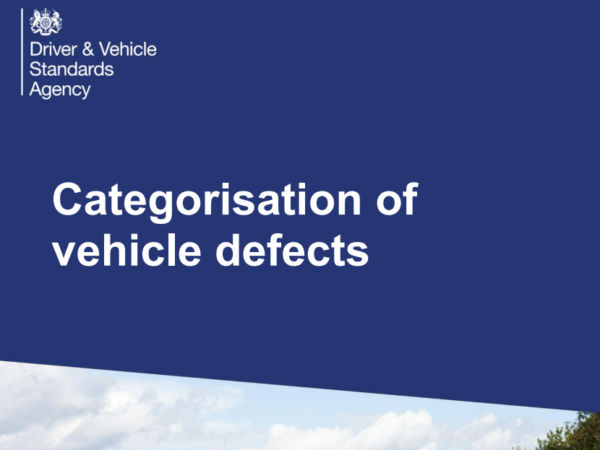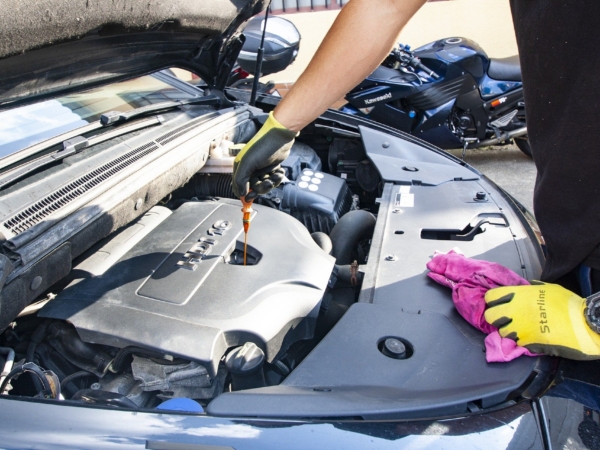Only half of MOT testers assessed with 1 month before deadline
Roughly half of MOT testers have now completed their annual training and assessment, according to DVSA. But that means that around half still need to complete assessment with the clocking ticking ahead of the 31 March deadline.

 BookMyGarage
BookMyGarage

 MyGarage
MyGarage

 Arek Socha; Pixabay
Arek Socha; Pixabay
 Imthaz Amahed; Unsplash
Imthaz Amahed; Unsplash DVSA
DVSA DVSA
DVSA
 IAAF
IAAF Scica911; Pixabay
Scica911; Pixabay
